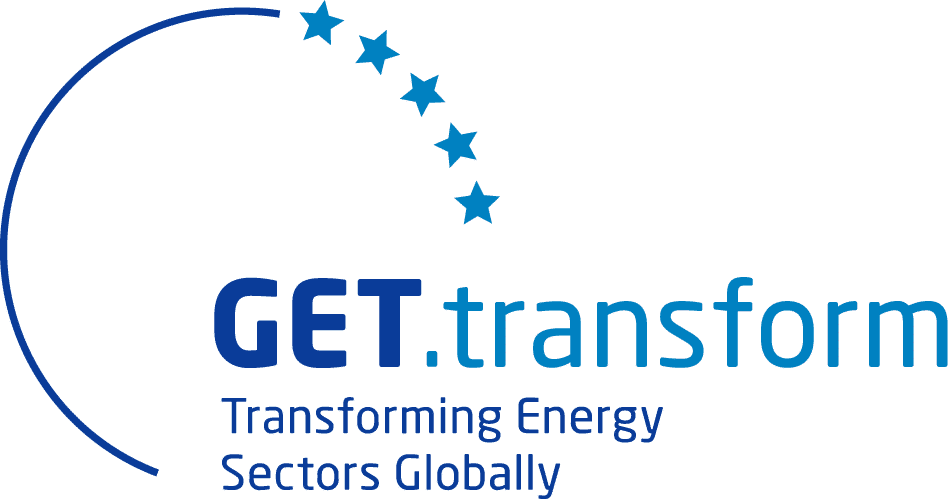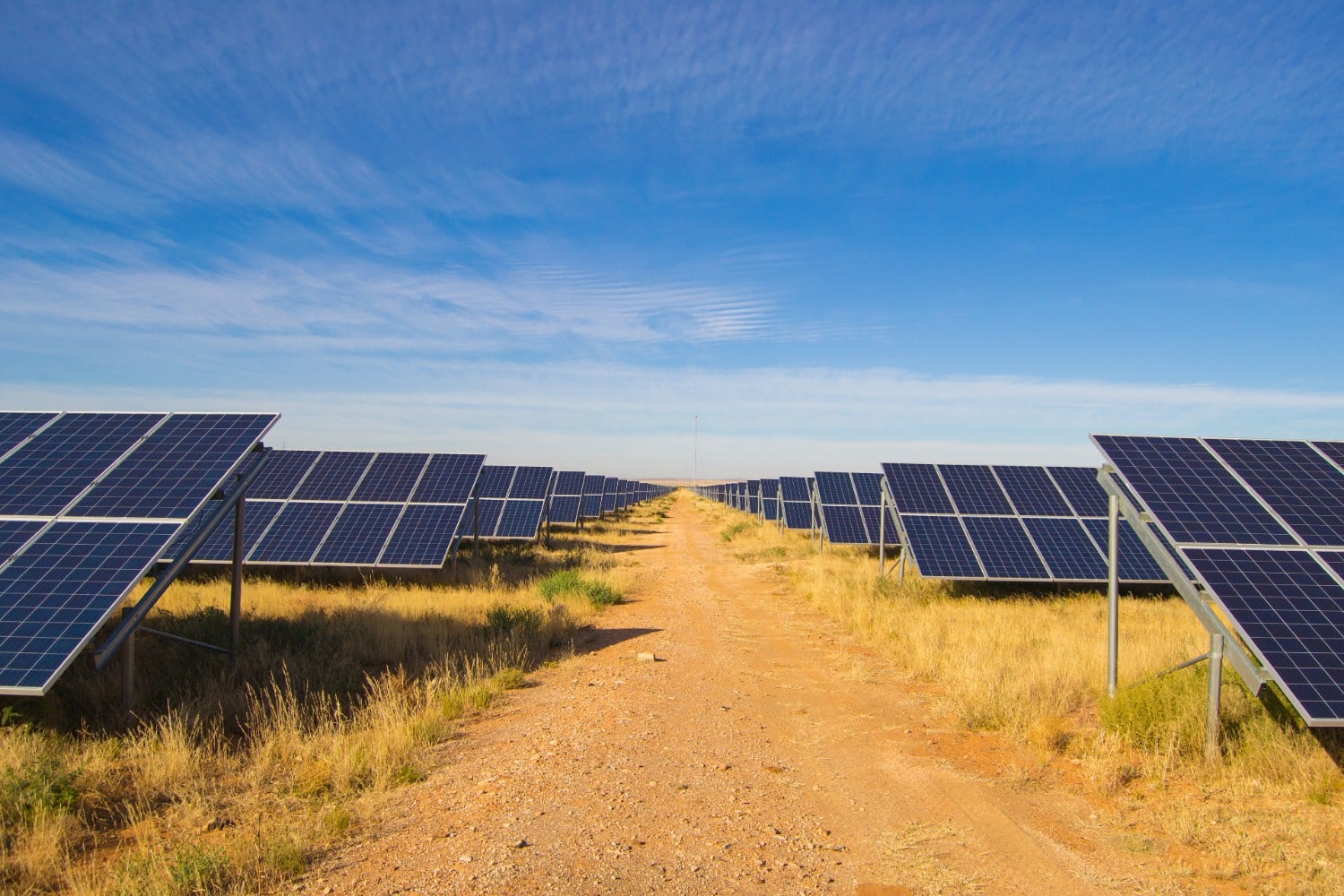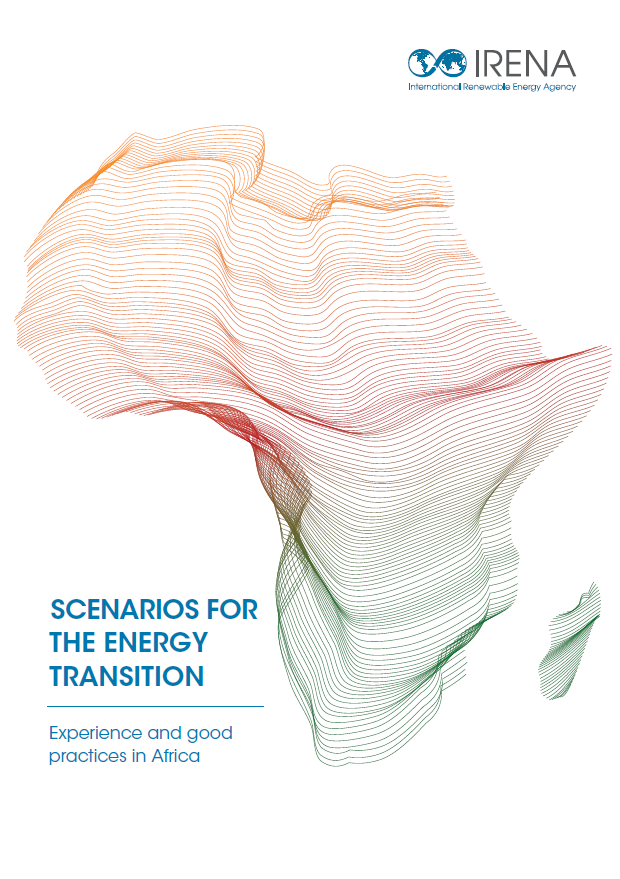A new IRENA report explores good practices in the development and use of Long-Term Energy Scenarios (LTES) in Africa. The report summarises insights from the webinar series “LTES for Developing National Energy Transition Plans in Africa” which took place between November 2021 and January 2022. As part of the engagement within IRENA’s LTES Network, the series was delivered in partnership with GET.transform, the African Development Bank (AfDB), the African Union Commission, the African Union Development Agency (AUDA-NEPAD), the Ministry of Energy of Kenya, and the United Nations Economic Commission for Africa (UNECA).
Nine countries with robust energy planning processes shared their good practices: Botswana, Egypt, Eswatini, Ghana, Kenya, Morocco, Nigeria, South Africa (represented by the Council of Scientific and Industrial Research) and Tunisia. The national presentations were complemented by regional experiences from the Eastern African Power Pool (EAPP), Mediterranean Transmission System Operator (Med-TSO) and West African Power Pool (WAPP)
The resulting report explores the governance structure around the development and use of LTES and institutional efforts to enhance them. All the participating countries regularly update their energy plans with an interval of 3-5 years. Another feature most countries applied was broad stakeholder participation in their LTES development. This can take the shape of inviting international perspectives into national planning, coordinating through inter-institutional committees to ensure up-to-date information sharing or securing a multi-stakeholder set-up in the modelling through governmental bodies, the private sector, research and academia. Such approaches help to strengthen and improve scenarios by building consensus around policy development among stakeholders with differing priorities.
The report also touches on:
- the scenario-building process as a decisive information-gathering tool
- how diverse communication channels can be used to reach a wide group of stakeholders
- how capacity can be built and sustained in local units



